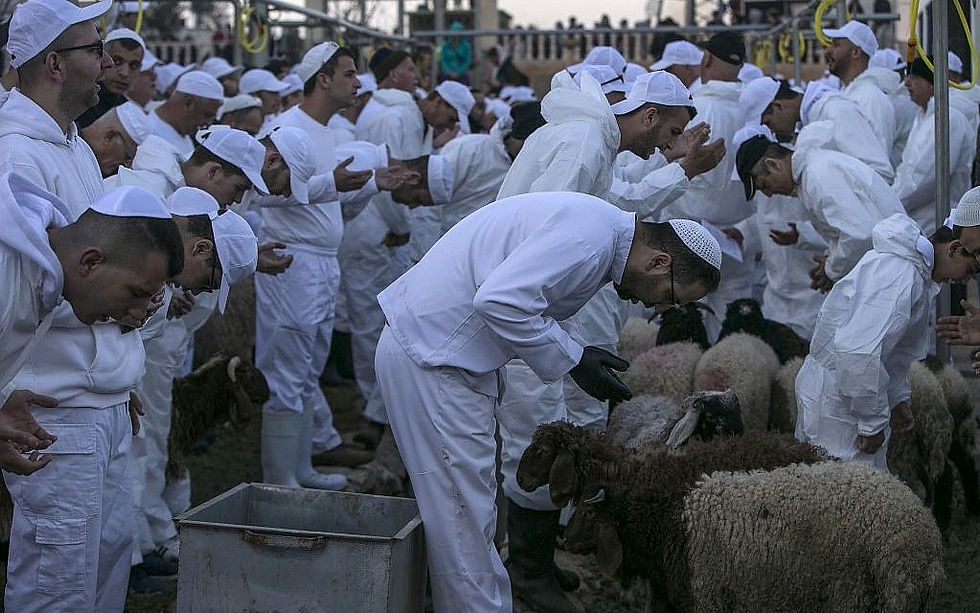Rabbi's Update 4/18/2022
- rabbi423
- Apr 18, 2022
- 2 min read

A Note from the Rabbi
Dear Friends:
I want to briefly share with you a precis of my talk this past Shabbat morning for the first day of Pesach. It was prompted by a recent Atlantic Monthly newsletter by Yair Rosenberg. Rosenberg discussed the growing scholarly consensus that the term “Passover” is a mistranslation of the Hebrew word פסח.
Rosenberg writes that the understanding of the word פסח as meaning “pass over” can be traced to the Vulgate, the 5th century translation of the Bible into Latin by St. Jerome, which became the official Bible of the Roman Catholic Church. But Rosenberg directs our attention to an earlier translation, the 3rd century Targum Onkelos, the Jewish Aramaic translation of the Bible which is still printed along with Rashi’s commentary in traditional Hebrew bibles to this day.
Onkelos translates the root פסח into Aramaic as חֲיָס meaning “to have compassion.” The phrase for Pesach sacrifice is translated as dabach chayas, “sacrifice of compassion.”
“Passing over” is passive -- God did something to the Egyptians but did not do it to the Hebrew. But compassion is active; it’s not simply failing to do something but affirmatively doing something different. In our days, simply not doing evil is insufficient; we have to actively seek out opportunities to do good. What would it mean to have a “holiday of compassion”? What would a “sacrifice of compassion” look like?
We continue to be deeply concerned about the welfare of the Ukrainian people under attack from Russia and those who have fled the country. Our own Masorti (Conservative) movement has been active in Ukraine for decades with what was until recently a thriving network of congregations, schools, and camps. If you want to assist the worldwide Masorti effort in Ukraine and neighboring countries please give at this link.
As a reminder, The Jewish Federation of Greater Washington has established a Ukraine Emergency Fund to meet emergency humanitarian needs. You can find out more and donate here.
As always, if I can do anything for you or you need to talk, please contact me at rabbi@kehilatshalom.org or 301-977-0768 rather than through the synagogue office. Although I am working primarily from home, I am happy to meet you at the synagogue by appointment.
L’shalom,
Rabbi Charles L. Arian






Comments